
DerMend treats or prevents dry, rough, scaly, and itchy skin, as well as minor skin irritations.

DerMend treats or prevents dry, rough, scaly, and itchy skin, as well as minor skin irritations.

Treatment for geographic tongue includes OTC pay relievers, mouth rinses with anesthetics, antihistamines, corticosteroids, and vitamin B supplements.
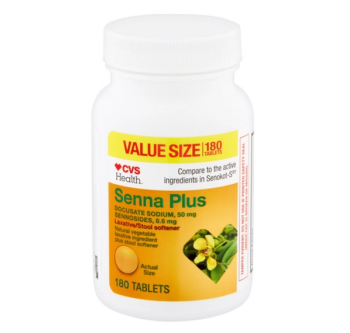
Senna Plus should cause a bowel movement within 6 to 12 hours among individuals who experience occasional constipation.

The study findings support reevaluating how to treat future patients and implications for genetic counseling, according to the authors.

Abby Sauer, a registered dietitian specializing in adult nutrition at Abbott, discusses how the unique nutritional needs of women evolve with age and some tips pharmacists can provide to women 30 years of age and older in the pharmacy.
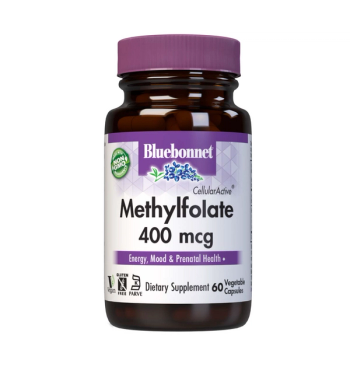

Zarbee’s contains vitamin C, vitamin D, and zinc.
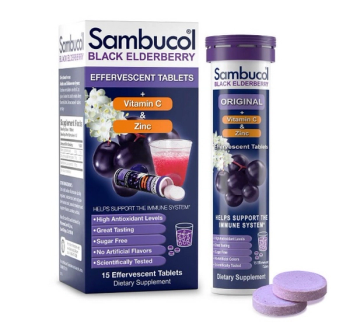
Elderberry has been used in alternative medicine as a possibly effective aid in treating constipation and other conditions.

Zinc supplementation has existed for years and has been found to help the body fight viral respiratory infections.
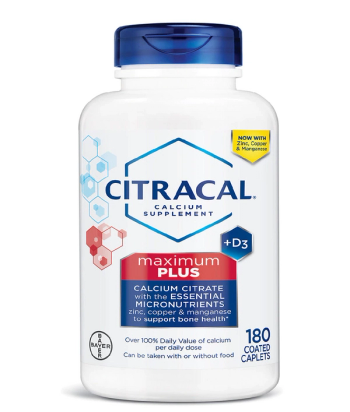
Citracal + D may be used to treat conditions caused by low calcium levels.
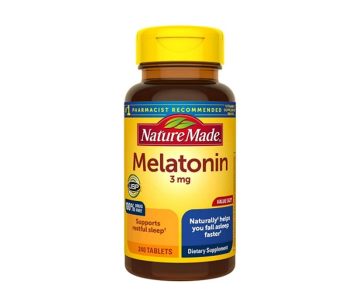
Natural melatonin sends messages to the receptor agonist in the brain and other areas of the body to help control the sleep and wake cycles.

The investigators caution that the quality of the evidence is variable and an optimal formulation or dose remains unknown.
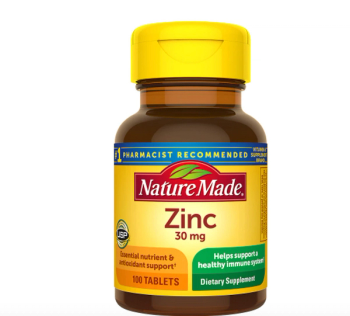
Zinc can be used for colds, wound healing, diarrhea, and age-related macular degeneration.

Vitamin E helps with vision, reproduction, and health of the blood, brain, and skin.
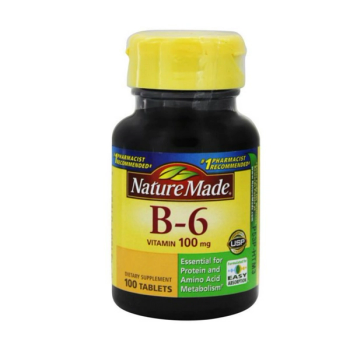
People with kidney disease or conditions that prevent the small intestine from absorbing nutrients from foods are more likely to be vitamin B-6 deficient.
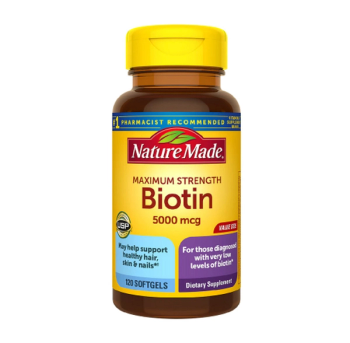
Biotin deficiency can cause thinning of the hair and a rash on the face.

Causes of vitamin B2 deficiency may include alcoholism, burns, cancer, diarrhea, fever, illness, infection, and liver disease.
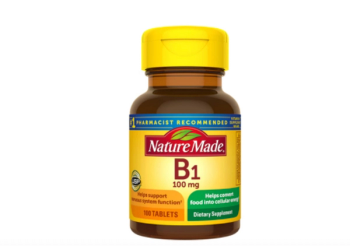
People with poor diet, cancer, morning sickness during pregnancy, bariatric surgery, and hemodialysis are at risk of thiamin deficiency.
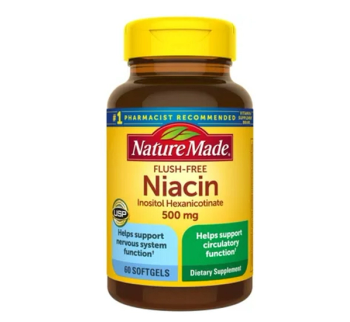
Patients use prescription niacin (Niacor, Niaspan) to help control their cholesterol.
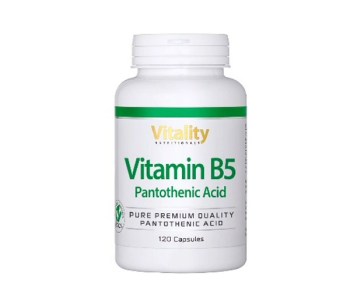
Vitamin B5 can aalso be obtained from a healthy diet of broccoli, cabbage, white and sweet potatoes, whole-grain cereals, mushrooms, nuts, beans, peas, lentils, meats, and poultry.
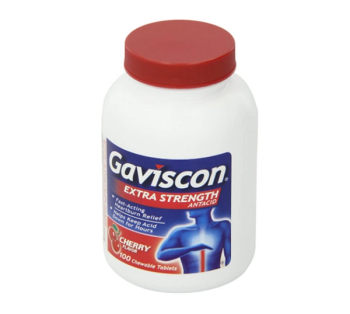
Gaviscon treats heartburn, stomach issues, and acid indigestion.
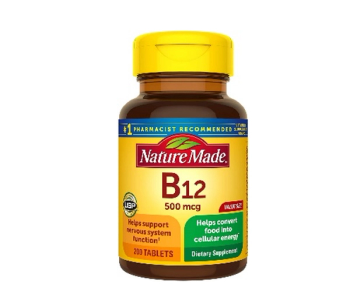
Vitamin B12 injections or nasal spray may be prescribed to treat vitamin B-12 deficiency.
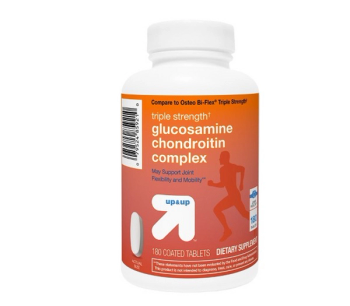
Oral use of glucosamine hydrochloride may reduce pain related to rheumatoid arthritis.

Recent study results show that vitamin D may offer protection against critical disease and death.

The results of a recent Aging-US study show that these additives provide anti-inflammatory and neuroprotective glial subpopulation benefits.